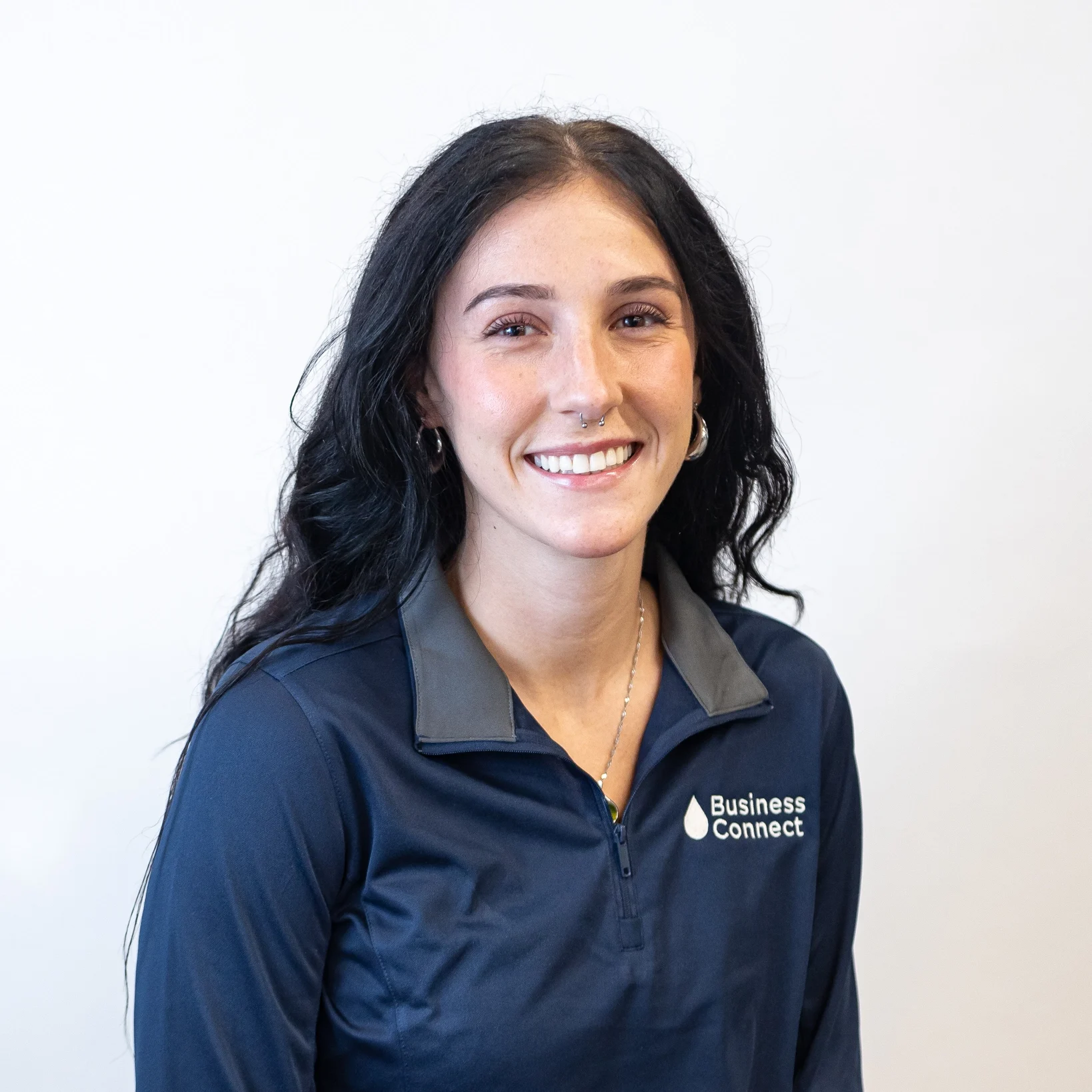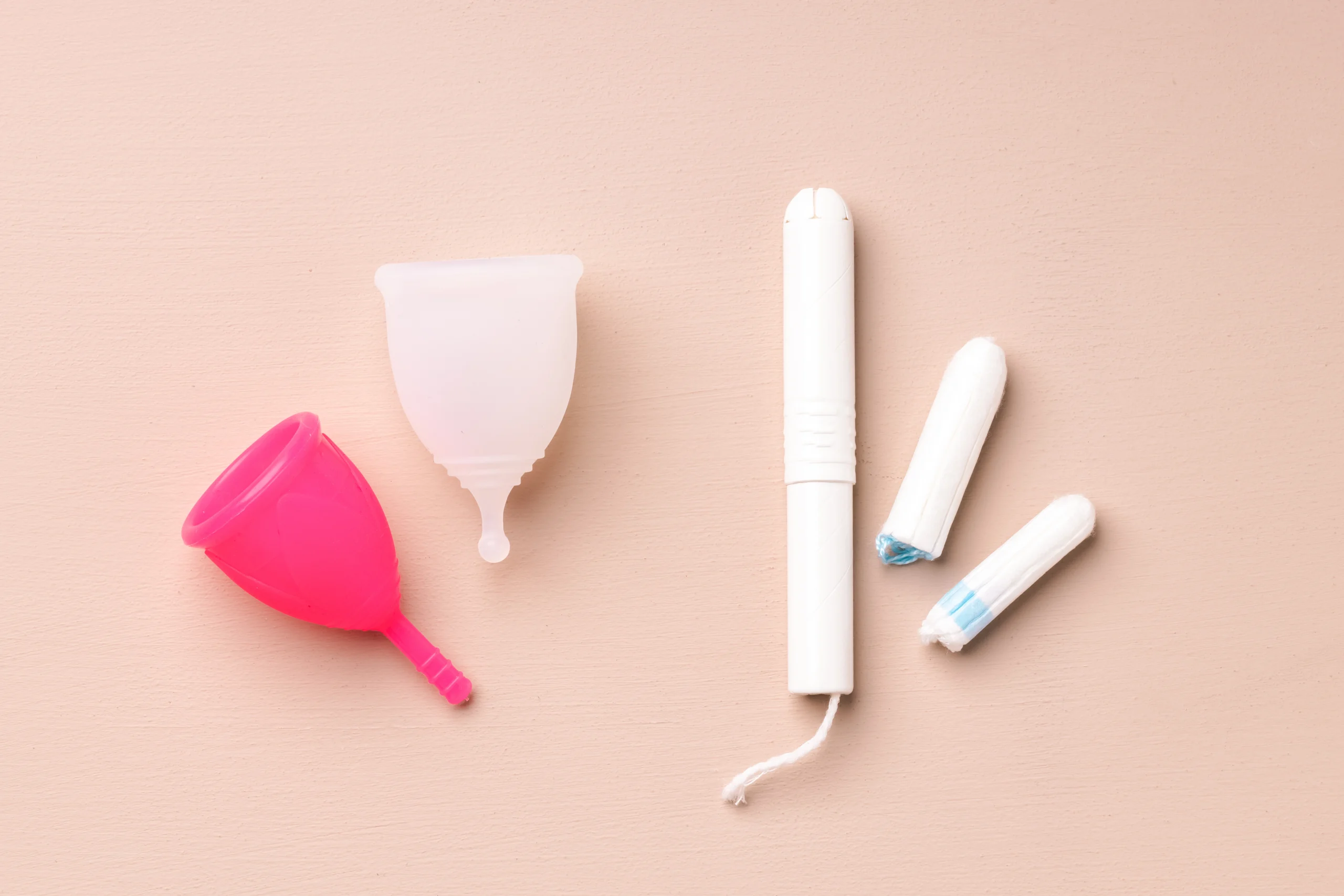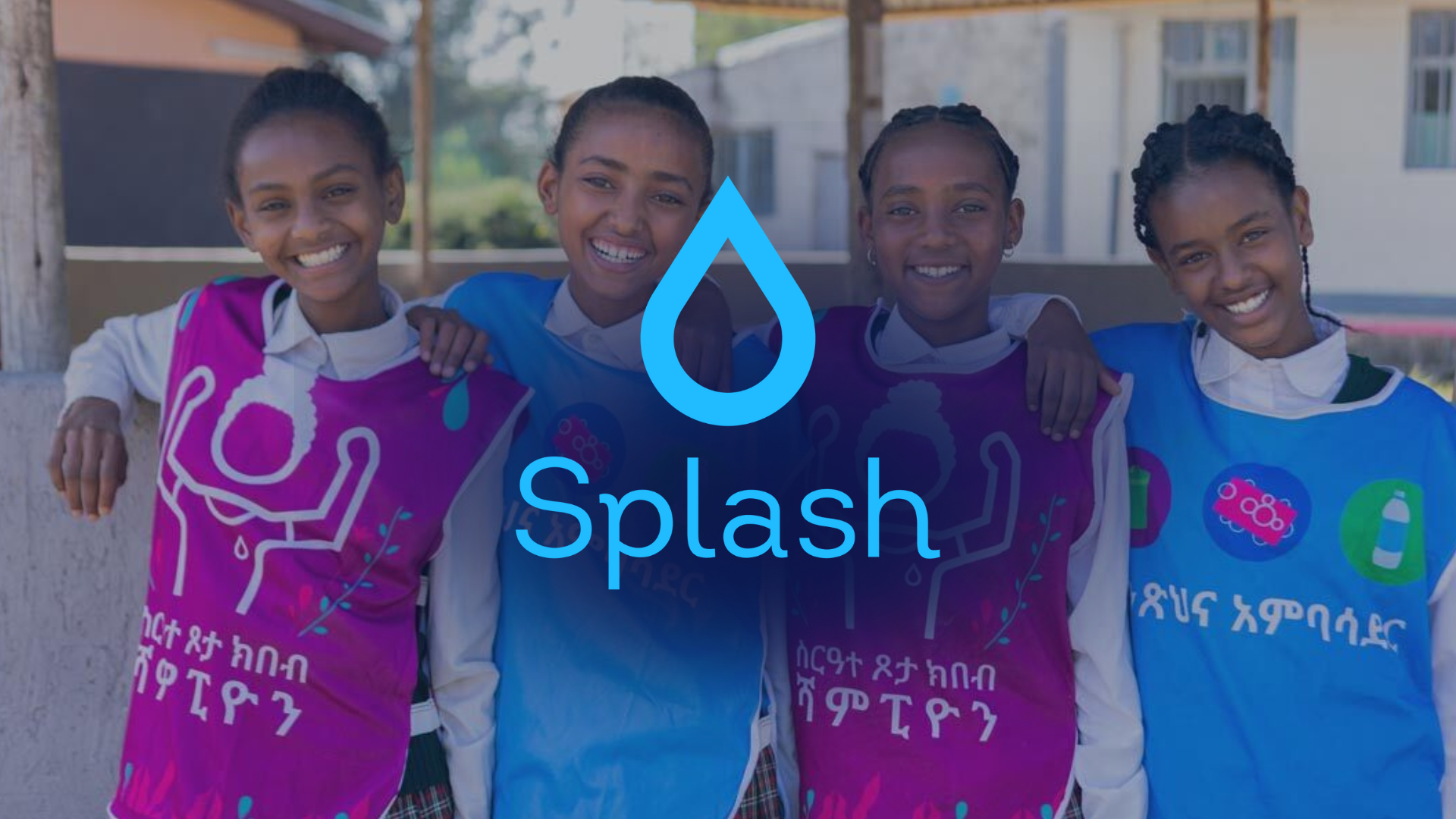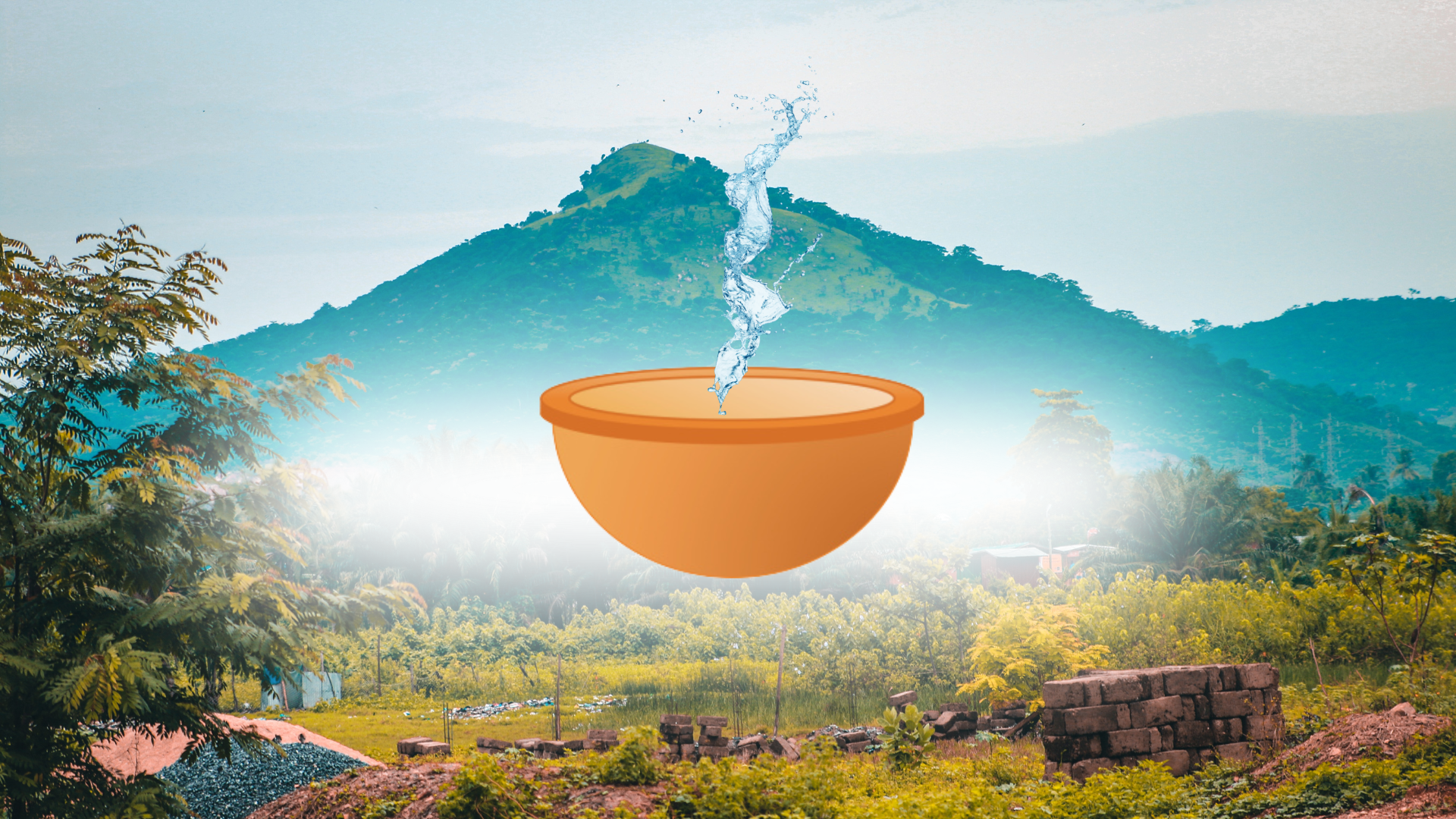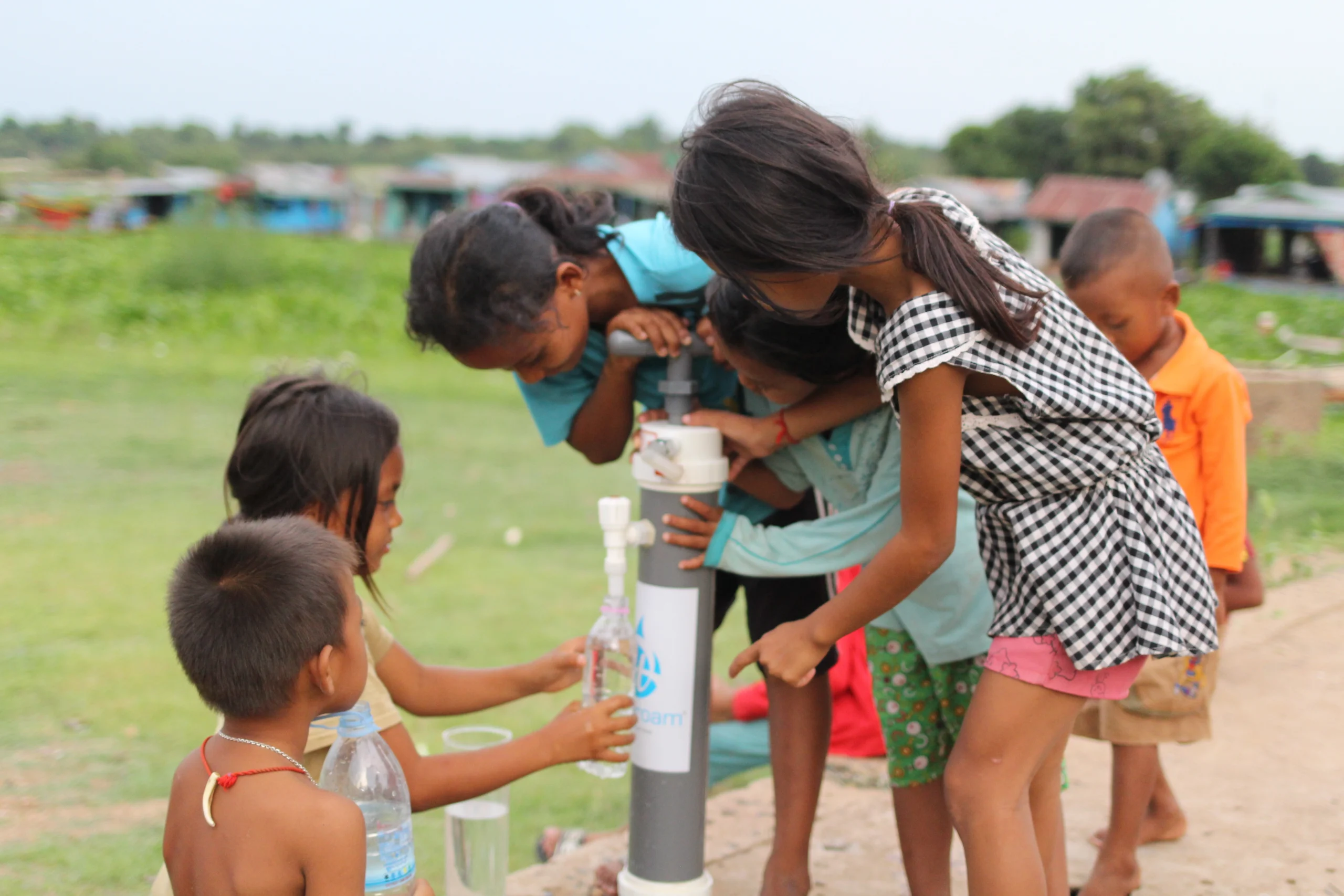Mercy Ministries: Clean Water in Madagascar
By Michelle Bechchar
Madagascar is the 4th largest island on earth, just off the southeast coast of Africa in the Indian Ocean. Around 27 million people known as Malagasy call it home, many of whom have Indonesian heritage. Even with beautiful ecological diversity and a flourishing cultural heritage, clean water is still needed in many parts of Madagascar.

With such a large land area, Madagascar has very diverse terrains; from volcanic mountains to highlands to rainforests to sandstone cliffs. An urgent need is a consistent access to health centers and clean water. Some locals must walk ten to fifteen kilometers to reach a dirty pond or river. For basic health services, they must walk up to a day in the forest to the nearest health center. According to UNICEF, in 2009, 70% of children suffered from moderate malnutrition and other health issues in these communities.
Mercy Ministries was created with these clean water issues in mind. Mercy Ministries Africa aims to support and encourage the development of disadvantaged countries by providing appropriate humanitarian aid to the poor regardless of gender, race, or religion. Their core team is in Madagascar, with other teams in Zimbabwe, South Sudan, and Comoros.
Mercy Ministries in Action
 Their work begins by helping local communities learn how they can use the resources they already have available. Their main project, focused on medical outreaches, began in Madagascar about 15 years ago. The team was able to help some members of the community. Still, they found that these outreaches were very limiting. At this time the number one killer in Madagascar was Malaria. Many also suffered from respiratory and waterborne illnesses. As the team visited various villages, they were heartbroken. They often saw many kids lying sick in the villages. Mercy Ministries focused on training local people in these rural villages by equipping them with basic health knowledge for prevention. Each local healthcare worker was paired with a government healthcare official for 3 months to learn preventative healthcare. This provided a simple yet effective foundation for health in the villages.
Their work begins by helping local communities learn how they can use the resources they already have available. Their main project, focused on medical outreaches, began in Madagascar about 15 years ago. The team was able to help some members of the community. Still, they found that these outreaches were very limiting. At this time the number one killer in Madagascar was Malaria. Many also suffered from respiratory and waterborne illnesses. As the team visited various villages, they were heartbroken. They often saw many kids lying sick in the villages. Mercy Ministries focused on training local people in these rural villages by equipping them with basic health knowledge for prevention. Each local healthcare worker was paired with a government healthcare official for 3 months to learn preventative healthcare. This provided a simple yet effective foundation for health in the villages.
At the same time, Mercy Ministries works to identify core needs in a community. In addition to healthcare training, Mercy Ministries identified clean water as an urgent need in many communities. Those living in the village often have to walk many kilometers only to retrieve muddy or greywater. They used to use sand and gravel to filter the water, but these filters did not prevent waterborne illnesses. The team knew they had to find another option.
A Simple Clean Water Solution
Mercy Ministries found a simple and efficient solution in the VF100 water filter from Business Connect. The filter did not need electricity, which is perfect for bringing clean water to the remote villages of Madagascar. During the next outreach, the team began distributing as many VF100 water filters as they could. When the villages first received the filters, they saw the clear difference in the water. The families were so thankful to receive the filters as it was clear the water filters would save lives.
Years later, the Mercy Ministries team was thrilled that these villages’ child mortality rate had dropped significantly. Their work is transforming the health of the people living in poverty. Over the years, they have been able to provide health education to 55 villages. Their efforts helped 250,000 people that did not have access to healthcare before.
The economic situation varies between communities, but still 80% of the population lives on less than $1 a day. Still, Mercy Ministries is able to sell the VF100 at full price in urban areas. Families of 8-10 people are able to afford their own filter in some villages. In others, villages must share the filters between multiple families. Selling the filters for profit in the urban areas allows Mercy Ministries to provision filters for those living in poverty. Southern Madagascar especially has a lot of poverty and there is very severe famine – so much so that people will eat clay to survive. To create a sense of ownership in these communities, the team put a system into place where villages contribute what they can. They recognize that while each community faces a different economic situation, clean water is essential for the health of everyone.

Partner With Mercy Ministries
Mercy Ministries hopes to reach even more villages with clean water so that they can continue to improve the health of those communities moving forward. They know that these simple water filters are life-saving, but they still face the biggest challenge of cost. To meet their goals, they hope to find sponsors and develop a water filter business to raise funds. If you would like to partner with Mercy Ministries in their work to provide clean water to Madagascar, please visit their website. If you would like to reach additional communities with clean water, connect with us. We would love to provide you with water filters and coaching about how to develop a sustainable business.
On this page
Have a story to share in the world of water, sanitation, and hygiene? Connect with our media team today!
Share Your Story
